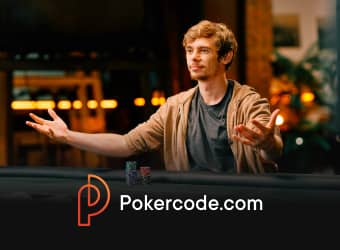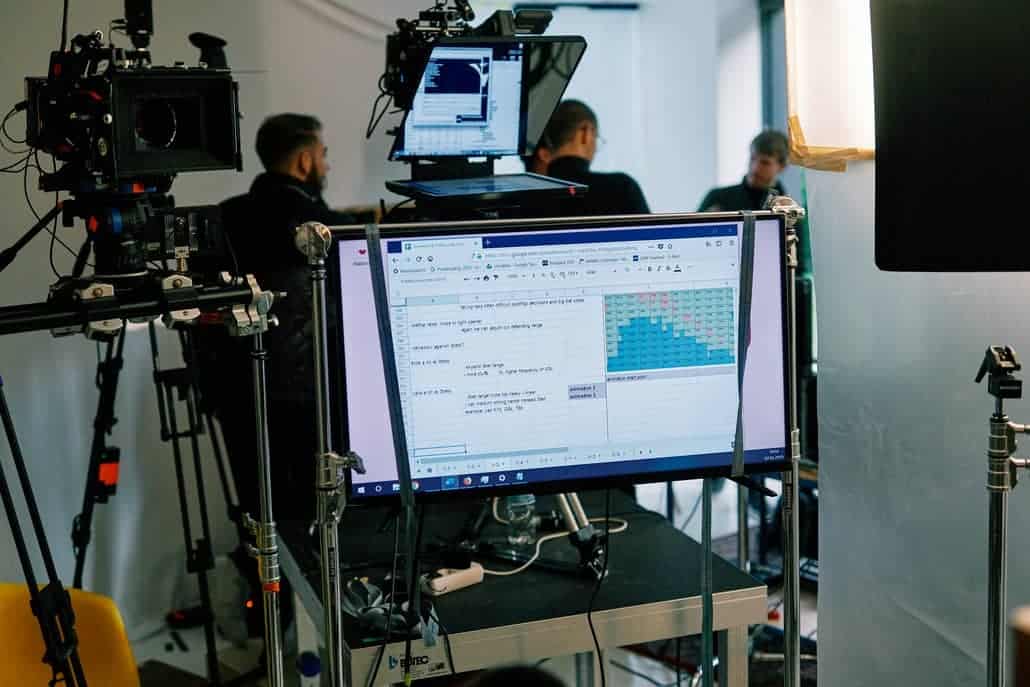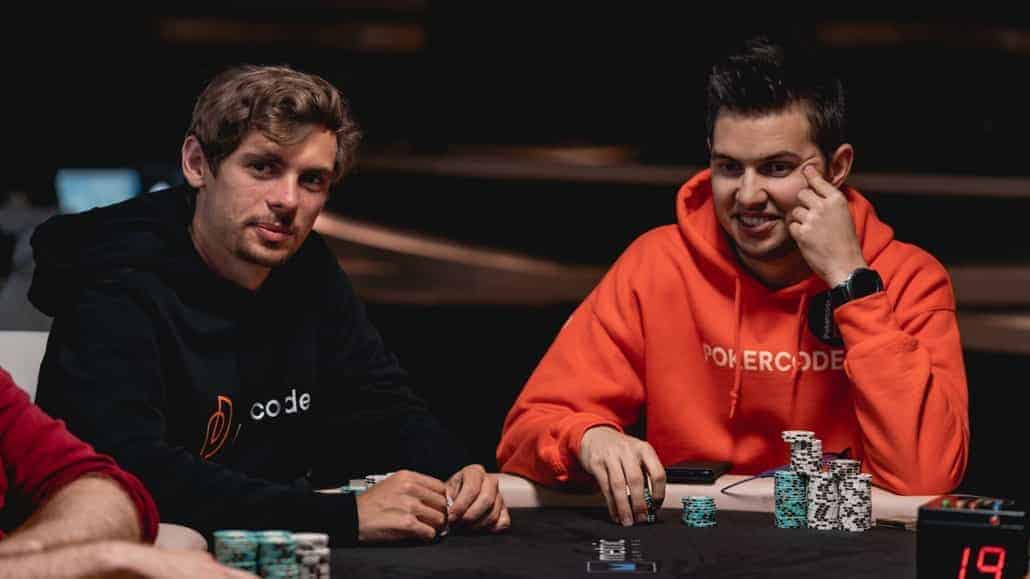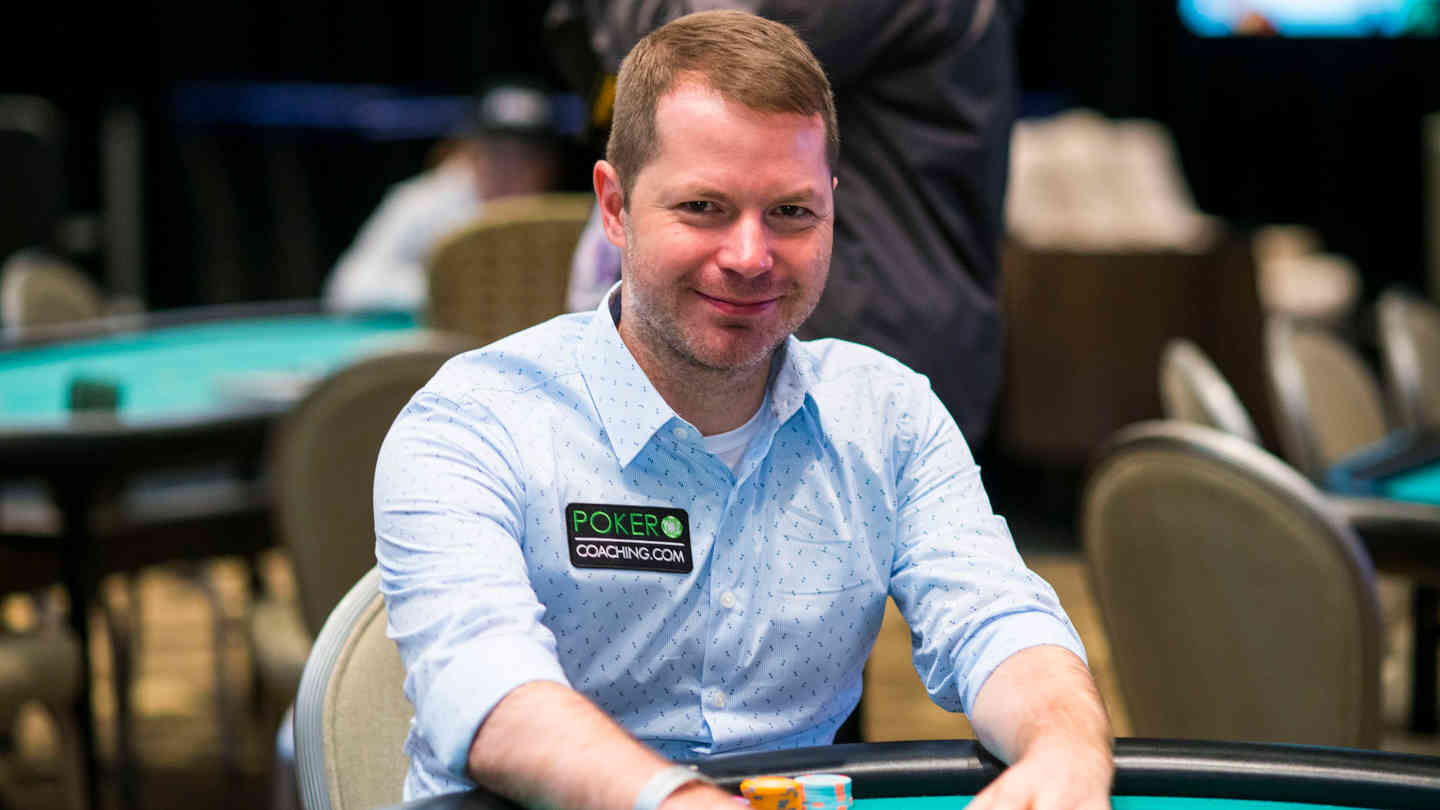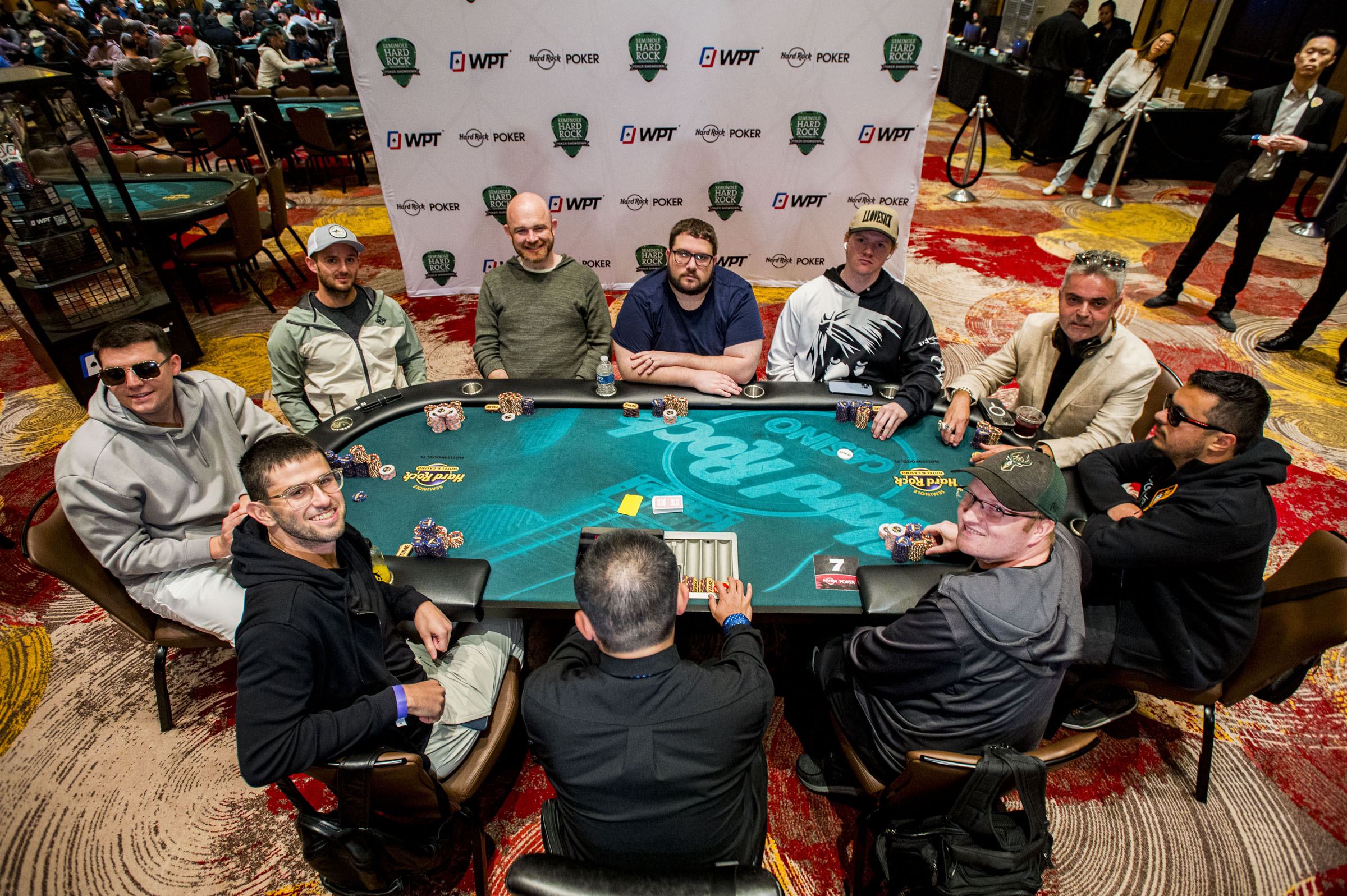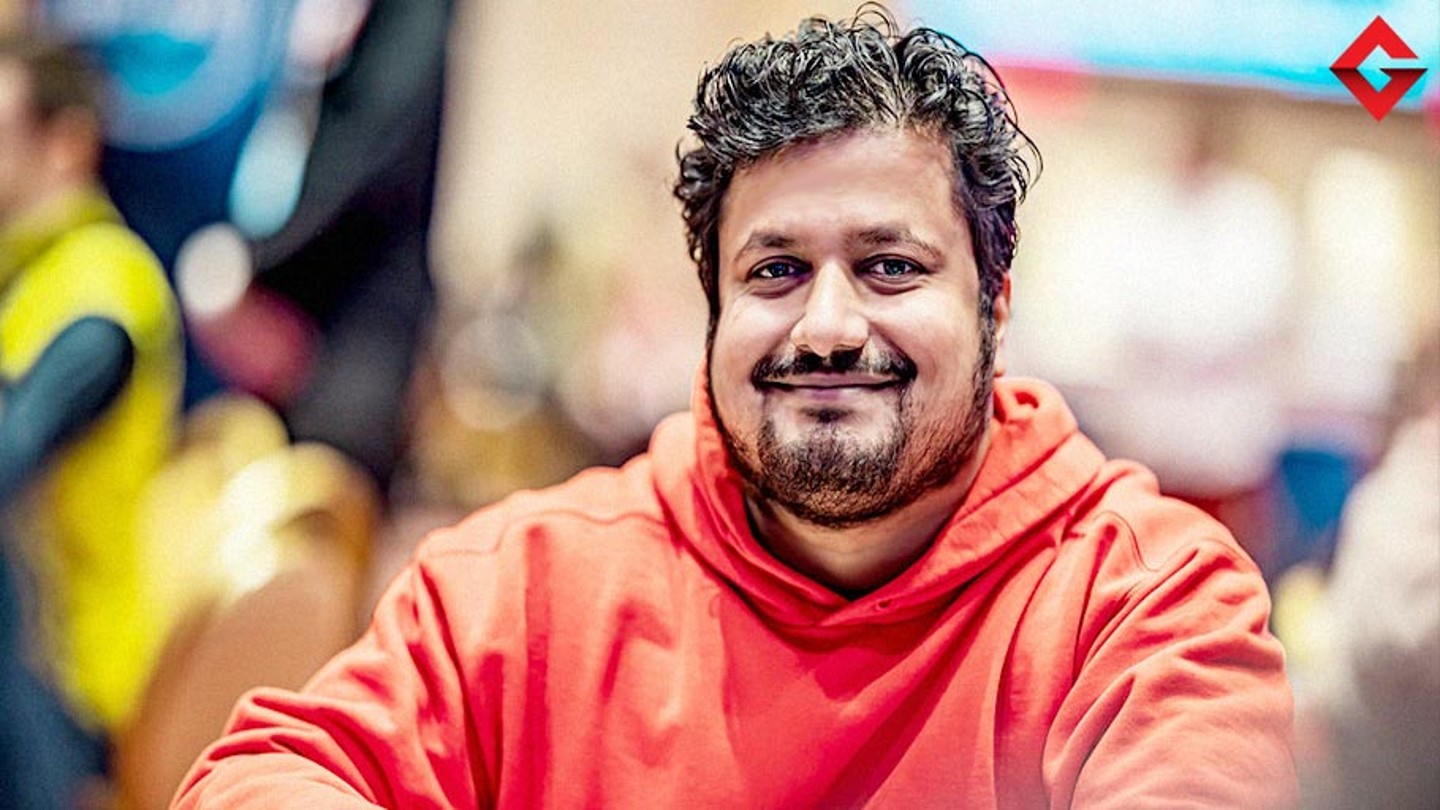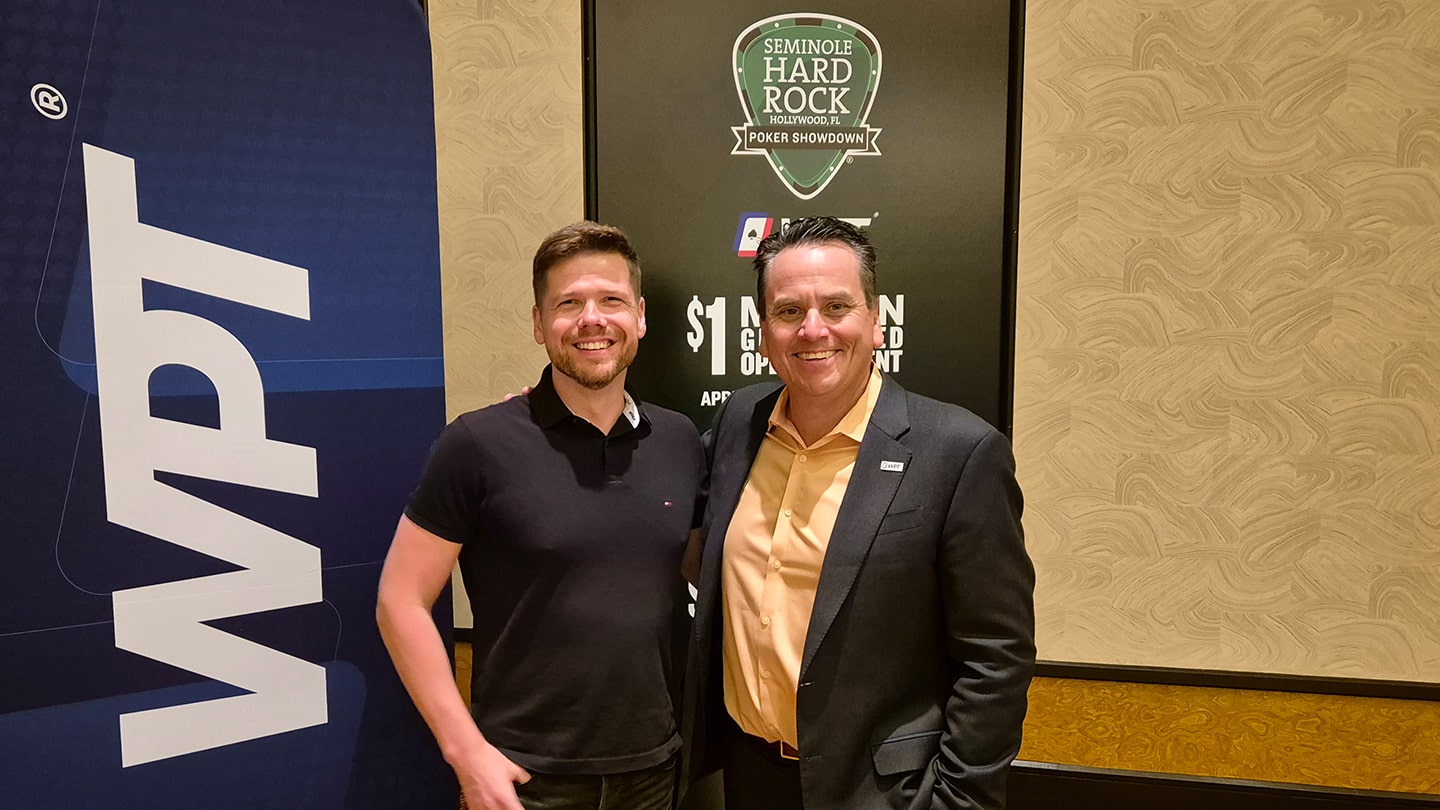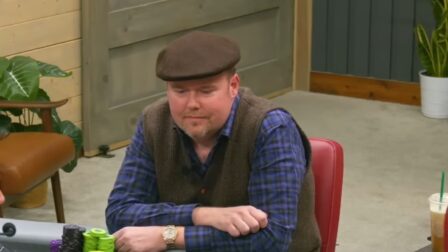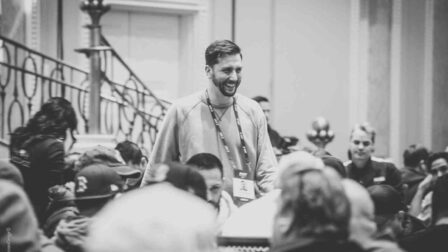Fedor Holz Interview: The Rise Of The Star and His Poker Strategy Tips
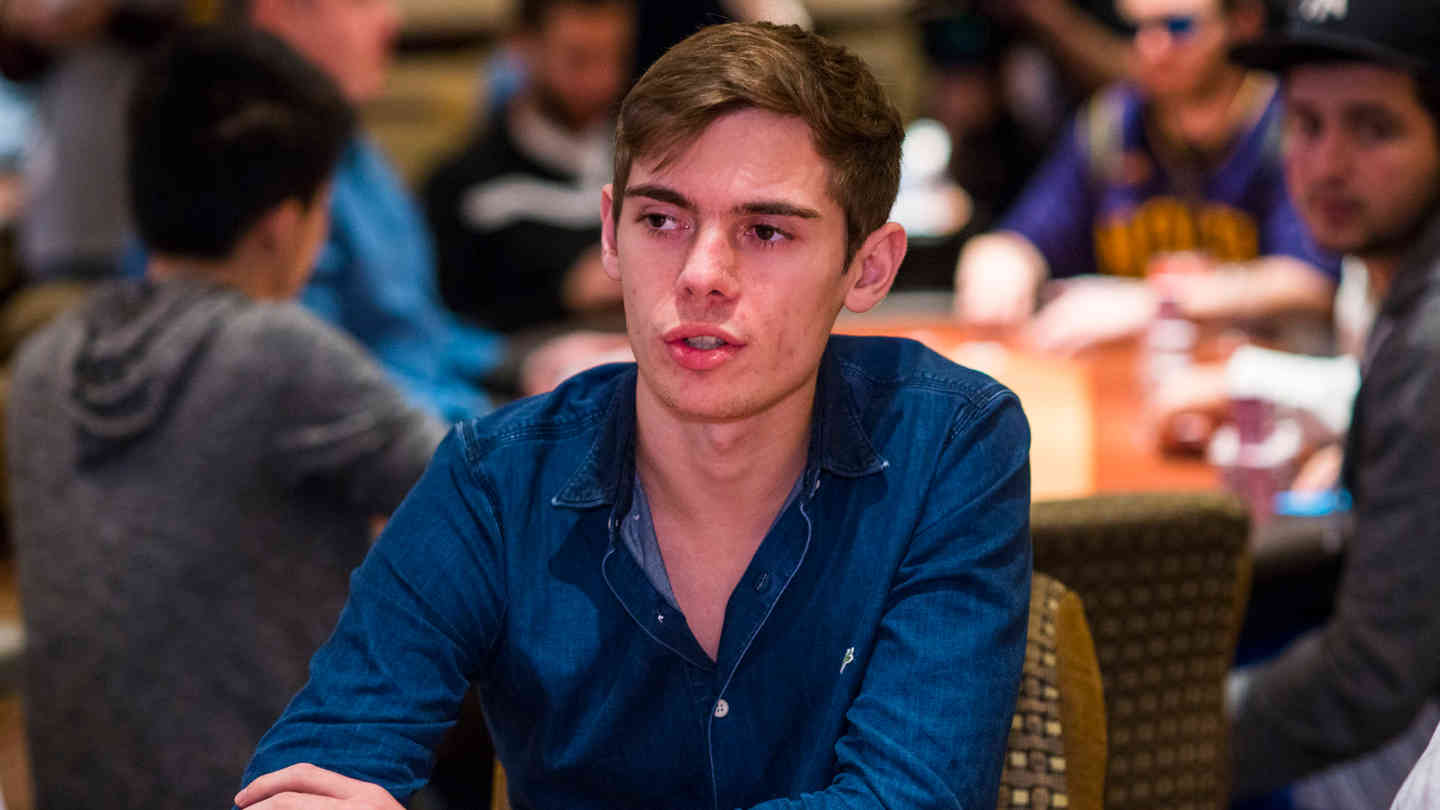
13 minutes
Last Updated: March 18, 2024
Fedor Holz Interview: The Rise Of The Legend and His Poker Strategy Tips
Image: Heads Up_ Fedor Holz by World Poker Tour is licensed under CC BY-NC 2.0
Fedor Holz, also known as „CrownUpGuy“, is one of the best poker tournament players in the world, so I was really happy when he agreed to share his thoughts in this interview.
He's been crushing tournaments with impressive results, to say the least, and even though he doesn‘t play poker professionally anymore, Fedor Holz occasionally shows-up at high roller events and makes everyone wonder is he coming back.
I am thrilled to publish this Fedor Holz interview, where he shares his approach to the game, poker strategy tips, and much more.
Fedor Holz Poker Bio – A few facts
- Fedor Holz is a professional poker player from Germany, who was born in 1993.
- For online players, he is well known as “CrownUpGuy,” and was ranked as the best online MTT player in the world in 2014 and 2015.
- In 2016, he took down $111,111 High Roller For One Drop event and won his first WSOP bracelet taking home $4,981,775
- Following his victory in $111,111 event, he continued to crush tournaments and scored over $10.000.000 in the following weeks.
- He also won $6.000.000 in an impressive $1.000.000 buy-in High Roller event after finishing the 2nd and making his total live winnings well over 32 million.
- Recently, he launched the MTT training program and shared his knowledge of the game. Now I am happy to make this Fedor Holz interview where we answer all of the questions.
Fedor Holz Interview
Hey Fedor, many players want to hear your tips and learn from the best, so thanks a lot for taking the time to answer all of these questions. Now you are one of the most known players in the world, but you started your journey just like anyone else. Can you share when and what games you started playing and when you began looking at poker seriously?
Fedor Holz: I started playing poker with my friends when I was still in school. We played a 1c/2c game where I was one of the losing players because two of my friends were actually crushing. It wasn’t until 2-3 years later (2012/2013) that I started thinking about playing the game professionally.
What kind of experience you had when playing live for the first time? Maybe not counting the home games with your friends, but rather the first tournament you played in a casino?
Fedor Holz: I probably played some 20 Euro rebuy tournaments at the local casino in my hometown in Germany. I was still a losing player at that point, so nothing too exciting. Then I came 2nd in a 500 Euro tournament in Rozvadov. (Editor: in that tournament, Fedor Holz won $ 19,288 that was a big boost to the bankroll and fuel for his further poker career.)
What was your biggest motivation to improve at poker? How did you move from playing home games with your friends to crushing the highest stakes in the world?
Fedor Holz: One of my big motivations in poker was the constant improvement & solving puzzles, getting better and better, and getting feedback every day. I loved that I was able to challenge myself at any point in the day, whether live or online.
Getting to travel the world while doing so, compete at the different stakes, and moving up the stakes was big motivations.
In several interviews, you mentioned that your trip to Cherry islands where you lived, played, and studied poker with other players was the breaking point of your career. What are the most important takeaways from that trip?
Fedor Holz: I credit a lot of my success to the Cherry Island trip. It was amazing being surrounded by like-minded individuals who shared the same passion I did for poker. Everyone who was out there wanted to get better at the game & be successful at playing poker.
We spent four weeks there, playing poker, studying, feedbacking each other, discussing poker hands & strategy, and all things just POKER.
I think that a combination of being in the same place with very talented & driven people, focusing on poker at every moment, as well as feedbacking each other & wanting each other to get better at the game, is what contributed to all of our success in the long run.
Over the years, and relatively short professional career, you had amazing results. What was your most enjoyable victory at the poker table?
Fedor Holz: My most enjoyable victory was winning the WSOP Bracelet in the $100K One Drop in Vegas in 2016. It was amazing having all my friends around me during this moment, which was the peak of the incredible run I had that year. It was a great environment and very enjoyable.
If you had to choose between playing live or online and could have only one option, which one you prefer and why?
Fedor Holz: I’ve always preferred live poker. The live tells section in my course, Pokercode, is my favorite section for a reason.
I love the process of observing my opponents at the table and using that information to adjust my poker strategy & exploit their play. Also, I really enjoy playing the high stakes tournaments that just don’t exist online.
What is vital for anyone looking to play poker professionally and crush live poker tournaments, both strategy and non-strategy wise?
Fedor Holz:
I think what I learned from the Cherry Island experience was that despite being an ‘individual player’ game – the community of poker players you are a part of is extremely important and has a huge impact on your game.
Changing my environment and connected with other players who were just as passionate about the game as I was, and who were extremely talented in different aspects of the game, contributed greatly to my success.
I was able to learn things better & faster, and get different perspectives on the game because of the people I surrounded myself with. I think this is often underestimated, and I see a lot of people trying to approach the game from an individual level.
For me, it looks like improving your mindset is a bit easier than it used to be due to a lot of information, and even apps dedicated to this cause. I recently joined your app, “Prime Mind,” which is an amazing resource for dealing with emotions both in poker and outside of it. So in your opinion, how important is the right mindset in poker, and what is the easiest way to build one?
Fedor Holz: Having the right mindset is important for every part of life, including poker. It’s a tough game to play and be successful at, especially on a mindset level.
It’s long hours, sometimes extremely long and uncomfortable hours, playing for a lot of money, and a lot of times we have to deal with losing. Yet, at the same time, you need to remain composed and make calculated & emotion-free decisions.
It’s tough and requires the right mind frame to be able to do it consistently and successfully. I started working with performance coach Eliot Roe who is absolutely AMAZING at what he does. I credit a lot of my success to our sessions. If you don’t have access to a coach, apps like our very own PrimedMind is a great start.
What’s also important is to limit the noise, increase the positive content intake, and spend time with people who have the right mindset already. It has a very good impact on your mindset as a result.
Do you have any tips on how to recover quickly if something throughs you of the balance in the middle of the tournament, and you can’t concentrate on playing?
Fedor Holz: For recovery, what I did (more often back then) is create visualizations that I connect a certain emotion with. For me, it’s this stone that I sit on at a place that relaxes me. It’s in the forest, there’s grass all around me, with nice trees, birds, water, mountains and I’m just really connected to nature. I just sit on the stone and meditate.
I visualize this image, and it always gets me back to being more relaxed and calm.
I practiced doing that over and over again, and at some point, it became really easy to imagine that, go out of negative emotion and go back to relaxing and feeling comfortable.
Poker requires high performance and can be very draining if you play long sessions day after day. How do you relax after playing? Do you have any hobbies or activities you like to engage in?
Fedor Holz: Two of my favorite hobbies are playing football (soccer) and being in nature with a great group of people who inspire me. So it’s about getting movement in as well as being in nature, which is I guess the opposite of being in a poker room.
We also can’t leave the learning part aside. I feel that most players concentrate on playing too much, but leave off table work aside. What playing/learning balance you think is optimal, and how it changes when you progress in your career?
Fedor Holz: I think it has to be a constant learning process. To constantly improve, constantly iterate, use everything as an opportunity to grow. To improve your game but also develop yourself as a person.
I think seeing everything as an opportunity is what makes the difference. I would recommend expanding your horizon beyond just playing the game and the execution but to really see everything as something to learn from, whether it’s a conversation or a video, listening to someone else’s thoughts, or playing.
Don’t go into this “play only” mode, but use everything as an opportunity to think and improve your thought process. As for the balance, I always say 60/40 or 70/30 (on the tables/off the tables).
I see many lower stakes players never question their decisions. They just put everything to “standard” spots or coolers, and learning to break this habit was one of the hardest things for me when starting out. Do you have any advice on how to start questioning your decisions? How to notice mistakes, and learn from it?
Fedor Holz: Similar to the above, take everything that happens as an opportunity to learn and grow. Question everything.
On a practical level, take down notes to remember hands and then discuss with other players. It’s always great to get a different perspective. You never know what other people pick up that you may have missed.
I have seen you breaking down some hands, and it looks like you quite heavily concentrate on reading your opponents when playing live. How important tells are in these games, and which are the easiest ones to notice?
Fedor Holz: Again, this is probably my favorite section in the Pokercode. It’s additional information that’s there for you to analyze in the decision-making process.
For live tells, I have a baseline strategy from which I deviate depending on the hypothesis I make when I pick up info from opponents & compare that to my population & player specific knowledge.
I explain how to approach this & implement it in your game in the live tells section of the Pokercode. The section is split up into:
-
- Game-related & non-game-related tells.
- Population Knowledge: the tendencies of the thousands of players.
- Player Specific: specific data I have on that opponent live & online.
I also want to talk about what you actually do before sitting down to play. I see many players jumping straight to the games without any prior preparation, or even instantly after getting up from the bed. Do you think a proper warm-up can increase their chance to succeed in live tournaments? Any dos and don’ts you can share?
Fedor Holz: Poker tournaments are a grind, and you’re hoping to be sitting at the tables for long hours, for days at a time. At that stage, everything plays an important part.
Last summer in Vegas, we had a trainer with us as well as a nutritionist to try to optimize our time there. Sleep is super important. I also have regular sessions with my performance coach Elliot Roe.
You played the toughest games live and online and came out as one of the biggest winners in poker, so I was very excited when I heard you are launching a training program (full poker code by Fedor Holz review). I recently saw your course, and have to say that it has amazing content. Why did you decide to start your course in the first place?
Fedor Holz: The idea to start Pokercode began to form in my head around 2016/2017. I was getting asked over and over again what training tools, courses, books, videos I would recommend to get better at the game.
And there was never anything I could fully stand behind & endorse. That’s when I started thinking about creating something I could fully endorse. Pokercode isn’t just a poker course. It’s a community of players who share similar values, goals, and love for the game.
That’s the part that excites me about this whole project. I love following along our community slack channel and seeing members help each other improve at the game. Reminds me of the Cherry Island days.
In a podcast with Joe Ingram, you said you were paid up to 6000$/hour for private coaching. Why did you choose to share this content with everyone, instead of keeping it private and charging a premium for this information?
Fedor Holz: I wanted to share my knowledge with people and build a community of like-minded players. I couldn’t do that with one-on-one coaching the same way I can with the Pokercode.
You shared a lot of specific advice and your experience in Poker code, but maybe you can comment on how it is different than other programs from your perspective, and who will get the most value from joining it?
Fedor Holz: I think the most important aspect (or person) to mention here is Matthias Eibinger – my good friend, partner on Pokercode, and super talented high stakes player.
I learned SO MUCH from him while making the course – a lot of the strategy that he shared was stuff I’ve never seen anyone talk about before. Additionally, we wanted to create a coaching product we could fully stand behind and endorse, and we didn’t feel like we could do that with anything else that was out there.
A big shoutout also has to be given to the production company we worked with. After all the hours Matthias & I put in to create the content material, they did an amazing job producing it, editing, adding sick graphics, and creating a very unique platform.
When was the shift when you decided to help others instead of concentrating on playing yourself? Any specific reasons why you decided to quit poker?
Fedor Holz: I slowed down with my playing around 2016/2017 after winning a lot of money that year. I had set these expectations of what it would be like to make all that money & to be #1 at the game, and when it happened, I realized that it didn’t mean anything.
That wasn't the most exciting part of the year. Rather, it was the process of getting there and the learning curve and sharing those experiences with others. Observing the Pokercode community going through that learning curve reminds me of a lot of the best moments throughout my poker career.
What are the biggest lessons you learned from poker that can be applied in other areas of your life?
Fedor Holz:
Amazing things happen when you bring people together who share similar values and the same passion and drive to improve at something – together.
Where do you see yourself in the future, and what motivates you to get there?
Fedor Holz: Right now, my biggest passion is bringing like-minded people together and exploring what the future could look like when change-makers get together – whether that’s in Poker with my training site, in fashion with our studio 360 Fashion Lab, or on a broader scale with Under the Tree in Vienna.






